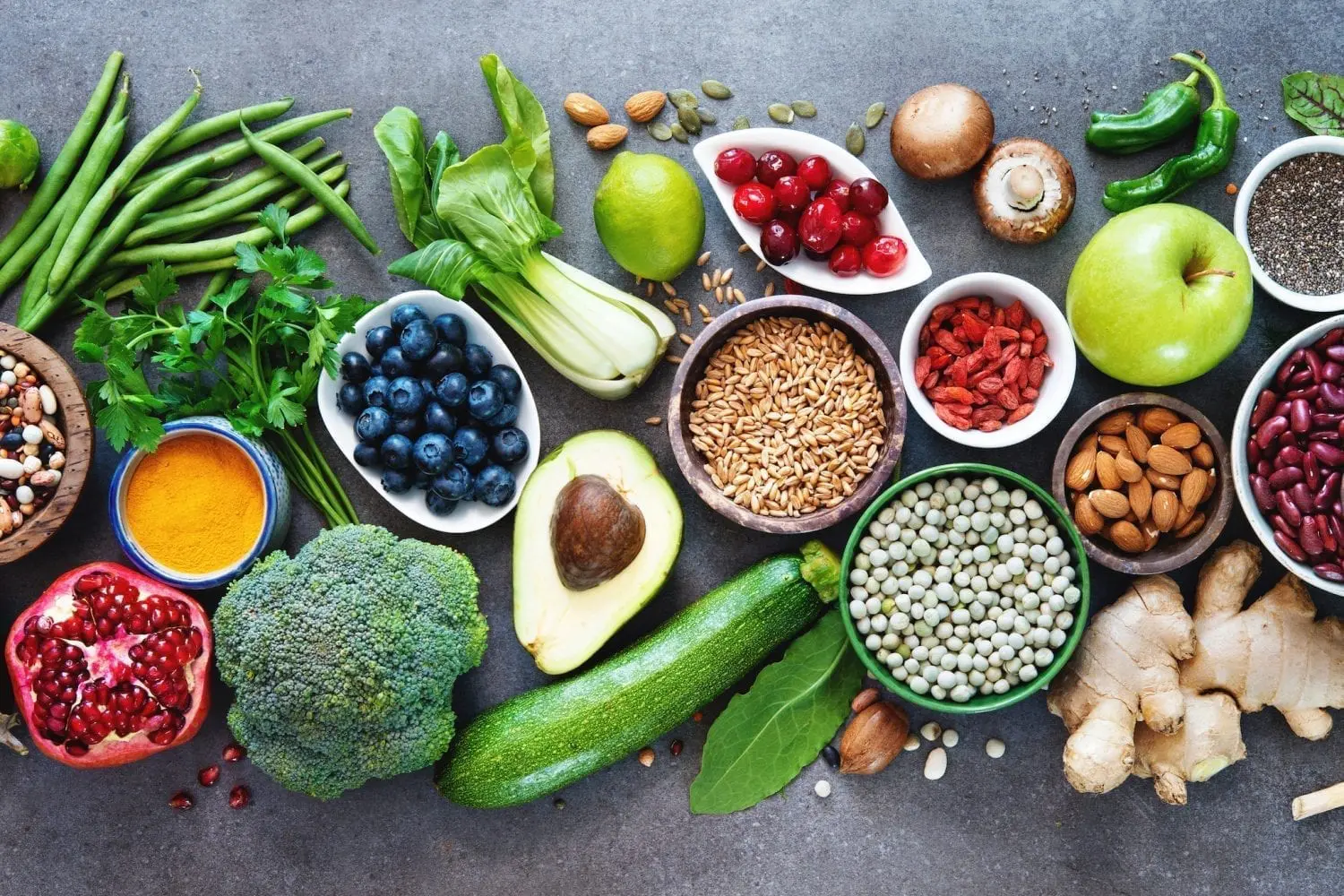A plant-based diet entails ingesting components derived from plants as your main food sources. According to studies, people who frequently eat a lot of wholesome plant-based meals are less likely to suffer from chronic conditions like cancer, type II diabetes, heart disease, or inflammation. Unsaturated fatty acids, vitamins (like folic acid), minerals (like potassium), fiber, and protein are just a few of the nutrients that are abundant in plants and good for the body’s health. Additionally, consuming a plant-based diet is frequently directly linked to a lower risk of obesity and the emergence of many chronic diseases.
But not all plant-based diets are the same, and some practices related to them might be more detrimental than beneficial. Everything you need to know about following a wholesome plant-based diet is covered in this article.
Q: What is a plant-based diet?
A: A plant-based diet, expressed simply, consists mostly of fruits, vegetables, legumes, nuts, and whole grains (such cooked oats and brown rice), with a small amount of lean meats and low-fat dairy products.
Q: What constitutes an unhealthy plant-based diet?
A: Overly processed foods are the main culprit because they frequently contain extra salt and sugar during processing. As a result, these foods are distinguished by their high calorie content, added sugar, salt, and fat, low nutritional value, and use of low-cost industrial additives in their processing.
However, we cannot generalize, and not all food processing is detrimental. If we want to know whether a food is a healthy plant-based food, we need to look at food labels more carefully to see what ingredients are added to the food during processing. For instance, frozen and canned veggies are a good addition to the organism’s diet.
Here are some typical harmful plant-based diets for your reference.
- Commercially produced breads, pastries, cakes and cookies.
- Carbonated beverages.
- Prepackaged snacks.
- Flavored dairy beverages.
- Breakfast cereals.
- Energy bars.
- Ready-to-eat sauces, soups, pasta pots and desserts.
Q: What is the difference between a plant-based diet and the vegetarian diet we usually refer to?
A: A vegan diet entails total abstinence from all foods derived from animals, including honey and other non-directly animal-derived goods. The main distinction between a plant-based diet and a vegetarian diet is that the former does not demand that you fully give up meat, which is also full of healthy nutrients like protein, vitamin B, iron, and zinc.
However, there are high and low levels of meat. For example, red meat frequently includes high quantities of saturated fatty acids, while processed meats, like as burgers and hot dogs, contain high levels of sodium.
Consumption of red meat and processed meats, such as burgers and hot dogs, is often directly associated to an individual’s higher risk of cancer, heart disease, and mortality, compared to consumption of white meat, such as chicken and fish, will often lessen the chance of death.
A balanced plant-based diet therefore calls for a small amount of lean meat and low-fat dairy products in addition to a large variety of unprocessed fruits, vegetables, grains, and legumes.
Q: How does a plant-based diet help us stay young?
A: A plant-based diet has long been known to be healthy. First off, a plant-based diet has a high proportion of fiber, so you can get enough of that. You can also get enough protein from the diet as a whole and enough antioxidants if you stick to a plant-based diet. From these angles, it can aid in maintaining a healthy metabolism and helping girls retain a nice body shape, so indirectly reducing the aging process.
Q: What particular groups of people ought to try plant-based diets?
A: A variety of demographics are suitable for experimenting with plant-based diets.
- People who should reduce their weight;
- People who may get diabetes;
- People with a cardiovascular disease risk factor.
Q: For people who are new to plant-based diets, how can they start to get used to them gradually?
A: In fact, as long as the intake of fruits and vegetables is progressively increased, switching to a plant-based diet is fairly simple. You can then decide whether to stick with a plant-based diet or switch to a vegetarian one.
Q: Are there any recommendations for choosing food?
A: All healthy dietary choices are similar to food choices. Naturally, choosing safe ingredients is the first step toward a plant-based diet. The second step is attempting to select foods that are unprocessed and as natural as possible. Potato fries and chips, for instance, are hardly plant-based, but they are healthier and adhere to the principles of the complete diet more so than choosing cooked organic/natural potatoes with skin.
If you need professional advice on a diet plan, feel free to ask professional diet experts on MyCLNQ APP. https://tinyurl.com/MyCLNQapp


